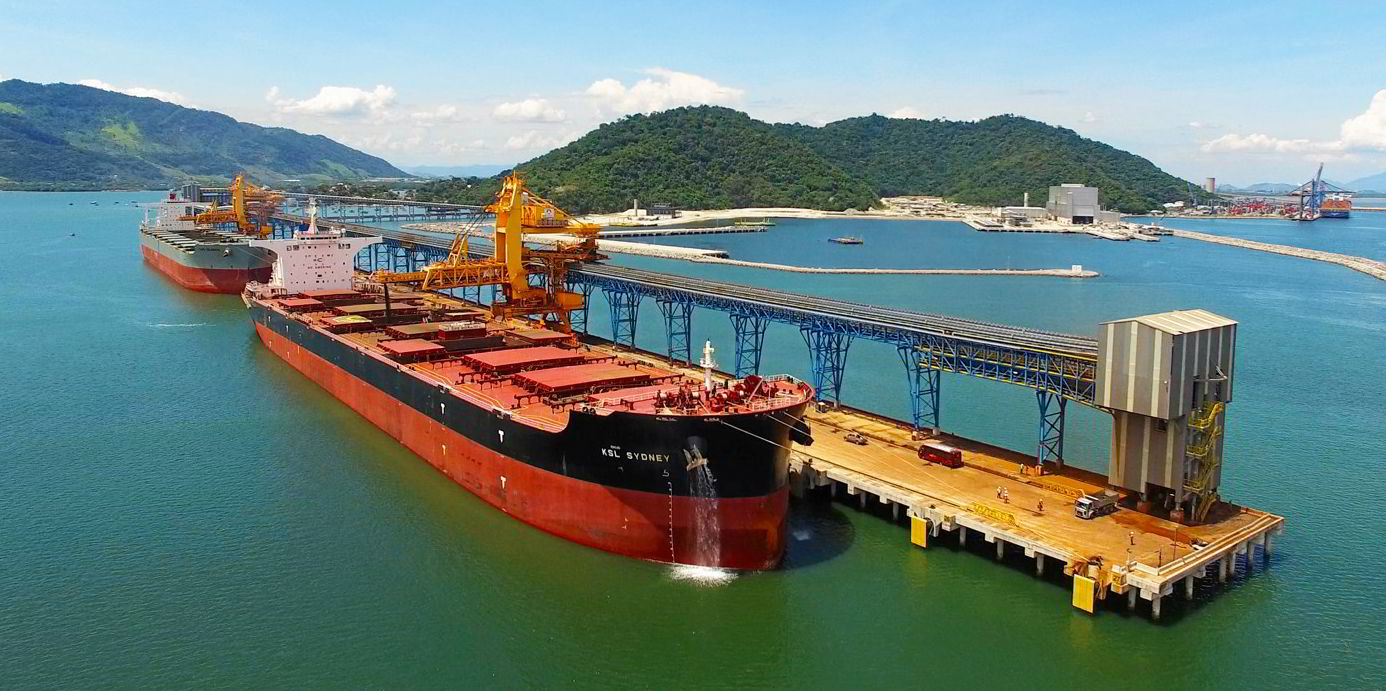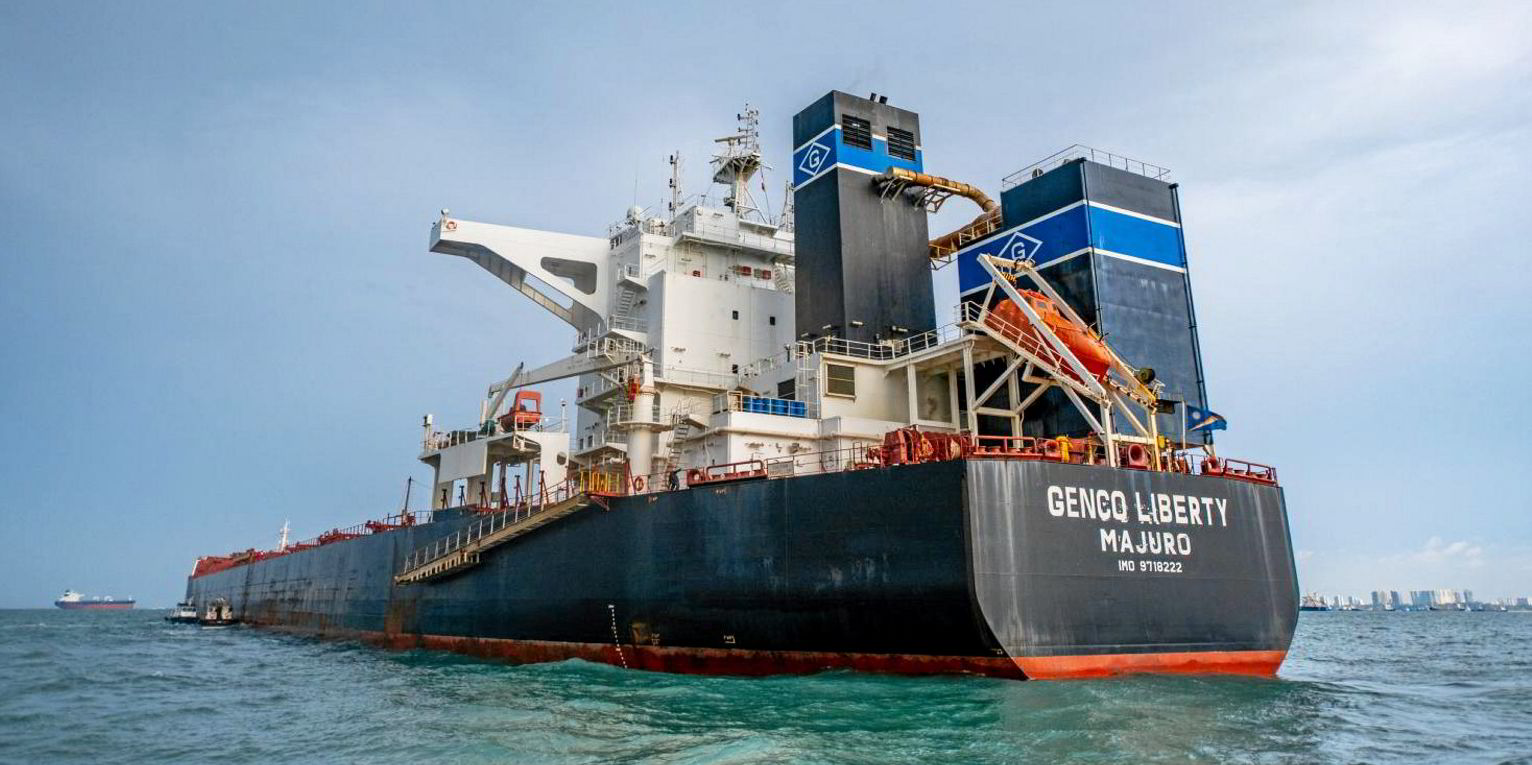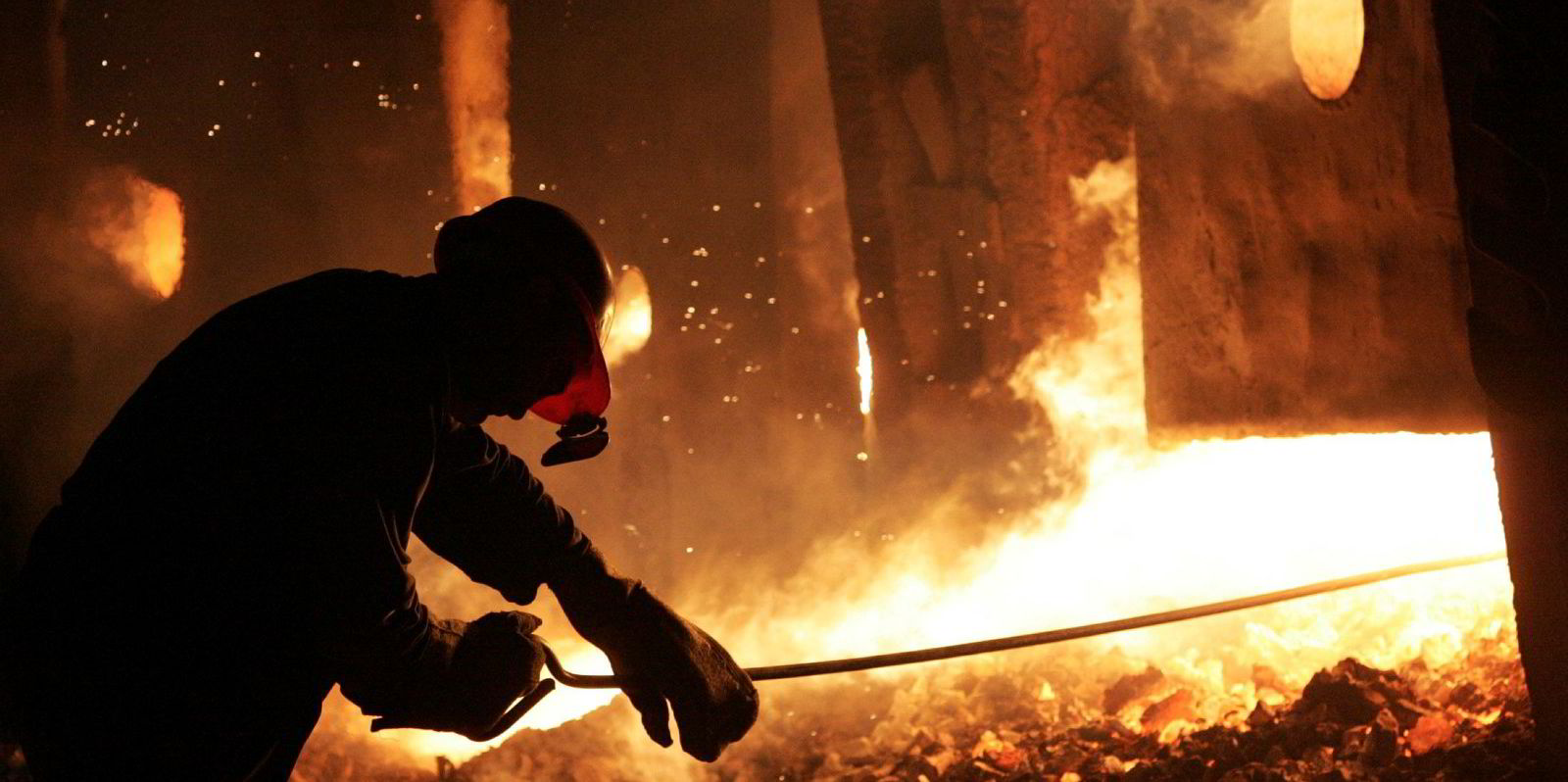Shares in the major listed dry bulker operators will come under pressure this year as investors price in a negative revision of earnings estimates, says Fearnley Securities.
The investment bank said barring sudden changes in China or the short-term macroeconomic outlook, it believes consensus estimates will trend downwards, especially in the coming three quarters
“We see downside pressure on the equities in the near term, largely driven by our expectations of quite substantial negative estimate revisions for the second half of 2022 and 2023,” analysts Oystein Vaagen, Erik Gabriel Hovi and Ulrik Mannhart said.
“We see up to 20% downside in 2022 Ebitda estimates for our covered names using forward freight agreements (FFAs) as a proxy.
“When we arrive at the end of 2022, we believe the expected weak first quarter of 2023 will be largely priced into the shares and valuations will likely trough as the long-term supply/demand fundamental picture remains strong,” they added.
The trio said results from Genco Shipping & Trading, Star Bulk Carriers, Eagle Bulk Shipping and Seanergy Maritime Holdings are the first data points, with Genco fixing rates 13% lower quarter on quarter for the third quarter.
“However, Star Bulk and Eagle Bulk fixed much stronger at $29,000 per day, benefiting from their scrubber fleets, which will be key in the short term, we believe,” the trio said.

“For the coming three quarters, we see 50% to 80% downside on consensus earnings-per-share versus implied earnings from current FFAs. The risk is larger for names with lower fixing and less scrubbers,” they added.
On the positive side, the analysts said there is low fleet growth of 3% and there is a potential increase in sailing distances following a shortfall of Ukrainian shipment volumes and sanctions/self-sanctions of Russian commodities.
However, factors such as China’s significant drop in infrastructure spending and general credit growth outweigh the positives for dry bulk in the near term.
In addition, there is the rise in energy prices, interest rates and supply constraints of several commodities such as iron ore from Brazil, thermal and coking coal, Russian fertilizers and Ukrainian grains.
Fearnley Securities said the main uncertainty is iron ore exports and whether Vale will be able to catch up on full-year export hopes.
“A sharp rise in Brazilian iron ore supply could see the capesize market improving in the next few months,” the analysts said.
Despite their view on pressured equities in the short-term, the analysts said the long-term outlook for dry bulk shipping continues to be driven by an attractive supply and demand balance and close to an all-time low orderbook at 6.8%.
“Demand still looks worrisome as economic growth expectations have been lowered by the International Monetary Fund to 2.9% in 2023,” the analysts said.
“However, upcoming Energy Efficiency Existing Ship Index requirements are expected to limit trading patterns for older ships and effectively reduce overall speed and fleet utilisation.
“Environmental regulations and unsolved questions around propulsion technology are also expected to continue to limit ordering activity, which could lower fleet growth further posing the space for a significant upturn again as early as the end of 2023,” they added.





